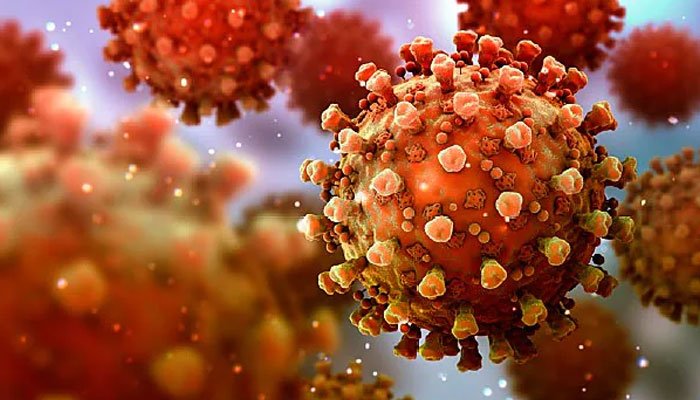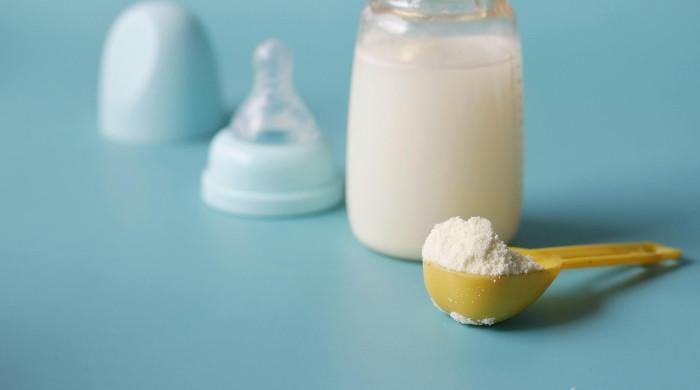Researchers identify antibody that can protect against coronavirus variants
Researchers hope that the findings can help develop new antibody-based therapies
August 23, 2021

- The "neutralising" antibody protects against a wide range of COVID-19 variants.
- Antibody tested on Alpha, Beta, Gamma, Delta, Kappa, lota and several unnamed variants.
- Antibody proclaimed "great" for "combination therapy".
Researchers at the Washington School of medicine have identified an antibody that protects against a wide range of coronavirus variants, India Today reported Monday.
The antibody is highly protective against the SARS-CoV-2 virus and its variants. The findings were posted in the journal Immunity.
Researchers hope that the findings can help develop new antibody-based therapies that will be less likely to lose their potency as the virus mutates.
The mechanism behind antibodies is that they attach to a specific part of the virus, which differs little across the variants. This means that the virus is unlikely to be resistant to the antibody.
Senior author Michael S Diamond said: "Current antibodies may work against some but not all variants, The virus will likely continue to evolve and space. Having broadly neutralising, effective antibodies that work individually and can be paired to make new combinations will likely prevent resistance."
Current research suggests that the SARS-CoV-2 virus uses a protein called "spike" to attach to and invade cells in the body's respiratory tract. Antibodies that prevent the spike protein from attaching to cells can help curb the spread of the virus within the body.
SARS-CoV-2 variants have mutated their spike genes, allowing them to fend off antibodies generated from the original variant, ultimately undermining anti-body-based therapies.
Read More: Pakistan's coronavirus death toll hits 25,000 mark
Formation of neutralising antibody
Neutralising antibodies are the one's that work against a wide range of variants.
Researchers utilised mice immunised with a key part of the spike protein known as the receptor-binding domain (RBD). They then extracted antibody-producing cells from the mice and obtained 43 antibodies that recognised RBD.
The 43 antibodies were assessed by how well they prevented the original variant of SARS-CoV-2 from infecting cells in a dish.
Nine of the most potent antibodies out of the original 43 were tested in mice to assess if they could protect animals infected with the original virus.
Out of the nine shortlisted antibodies, two were found to be most effective at providing the mice protection from the disease. The two antibodies were then tested against a panel of viral variants.
The panel comprised of the Alpha, Beta, Gamma, Delta, Kappa and lota variants. Additionally, several unnamed variants were also monitored as potential threats.
Read More: COVID-19 might only affect children in coming years, US-Norwegian study suggests
The Results
Researchers found that one antibody, named SARS2-38, easily neutralises all the variants. A humanised version of SARS2-38 protected mice against disease caused by two variants: Kappa and the Beta variant.
It was reported that the Beta variant is "notoriously resistant to antibodies", so its inability to resist SARS2-38 is particularly remarkable.
Further experiments "pinpointed the precise spot on the spike protein recognised by the antibody" and the mutations that could potentially prevent the antibody from working.
The researchers, however, have noted that such mutations are rare. A database of nearly 800,000 SARS-CoV-2 sequences was searched and mutations were found in only 0.04% of them.
"This antibody is both highly neutralising (meaning it works very well at low concentrations) and broadly neutralising (meaning it works against all variants)," stated Diamond.
He added that the combination although unusual is desirable, the antibody binds to a unique spot on the spike protein that is usually neglected by other such antibodies in development. He proclaimed that such an antibody is great for combination therapy.
According to the researchers, the antibody can be combined with other antibodies that bind to other parts of the virus to create a "combination therapy" which would make the virus less potent.











